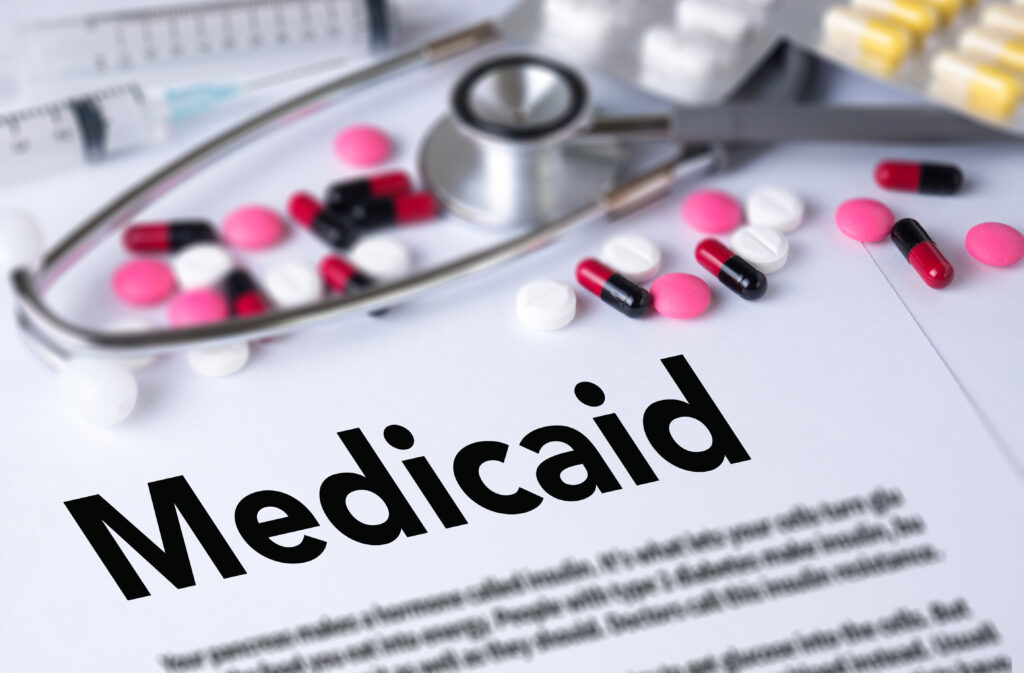Millions Could Lose Medicaid When Pandemic is Declared Over- How to Protect Your Coverage?
While the decline of COVID-19 cases is a relieving sign of progress, the end of the pandemic could mean the end of Medicaid coverage for millions. Federal law prevented states from stopping Medicaid benefits until the pandemic is declared over. As we near the end of the health emergency, it is vital you understand how to protect your coverage.
Congress passed a law providing that the state could not terminate the benefits of Medicaid recipients who were enrolled as of March 18, 2020. It states that the coverage must continue through the end of the month that the Secretary declares the pandemic has ended. Although the public health emergency has not officially ended yet, the Biden administration intends it to some time in 2022.

The impact this could have on your Medicaid is not fully defined, but it is estimated that about 15-million non-elderly people could lose their coverage. Further, it is important you understand your options for maintaining your long-term care. Planning in advance is required for protecting your future health needs. Below are four different strategies you could adopt to help keep your Medicaid coverage.
1. Asset Protection and Income Trusts
Asset protection trusts allow your wealth to be distributed to the same people when you die so your loved ones don’t have to pay capital gains tax on the amount your assets have increased in value during your lifetime. Assets transferred to an asset protection trust don’t belong to you. Be sure to note that transfers to trusts that occur within five years of when you need the Medicaid will be subject to the look-back period, so you must plan well in advance of when you need the care.
When applying for Medicaid, the income limits are strict. If your income surpasses the qualification threshold, it must be adjusted accordingly. A method to do this is establishing a qualified income or pooled income trust. A qualified income trust is irrevocable and can be established to hold the amount of income that exceeds your Medicaid limits. In some states, you can spend down the amount of income that is excessive so you can meet eligibility requirements, while in others you cannot. A pooled income trust is another type of irrevocable trust that holds excess income, designed for people who are disabled. Moreover, you can decide which of these types of trusts is the best fit for your individual needs.
2. Promissory Notes and Private Annuities
Make sure you are not giving away your assets and money during the look-back period, as you will be penalized. A promissory note or private annuity allows you to create a cash flow from your other assets so you can use it to pay for your nursing home care during a shorter penalty period.
3. Caregiver Agreement
A caregiver agreement may provide access to services that otherwise would not be included in Medicaid. Under this, a trusted family member may leave his or her job to care for the elderly individual. Services may be paid for in advance to reduce the countable income for Medicaid eligibility. For a caregiver agreement to be accepted by Medicaid, you must do the following:
- Define hours and services in the contract
- Maintain a daily log of hours and services
- Pay to Medicaid the unearned amounts that remain upon your death
- Calculate lump sum payment using market rates for services and reasonable life expectancy
4. Spousal Transfers
Transfers of assets between spouses are both permitted under the law and not subject to the look-back period, making it an appealing means of healthcare coverage protection. This makes the ill spouse eligible for Medicaid, while Medicaid reserves the right to ask for monetary contributions from the healthy partner. Note that in states that don’t allow spousal refusal, both spouses' resources are counted towards the eligibility requirement, defeating the purpose of this strategy.
For more information on how to protect your Medicaid coverage, please contact the Law Office of Inna Fershteyn at (718) 333-2395.
